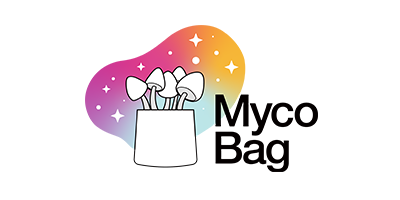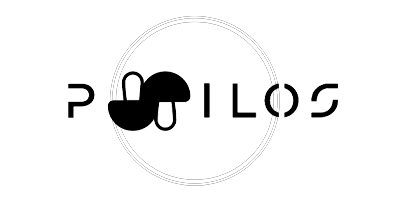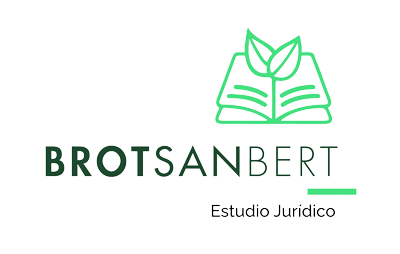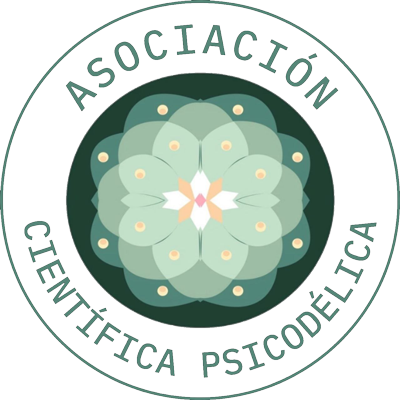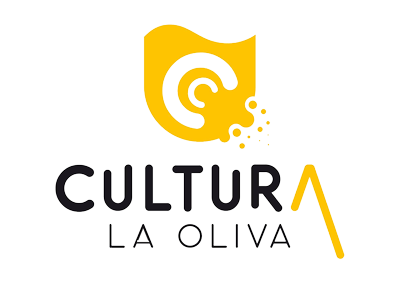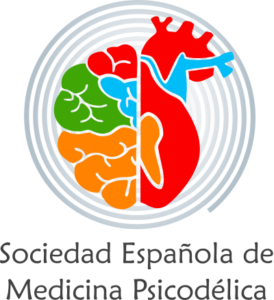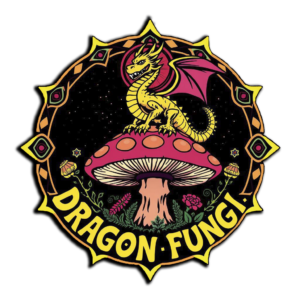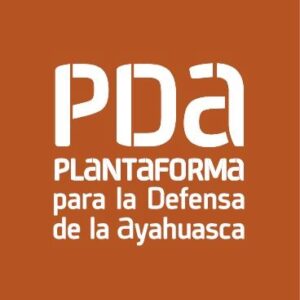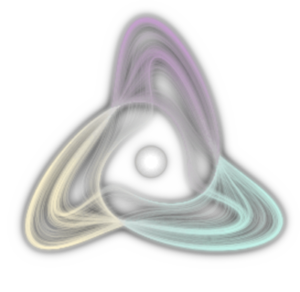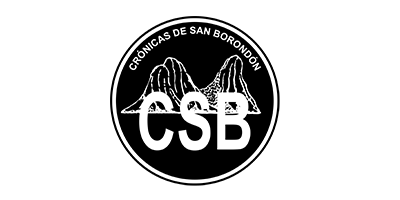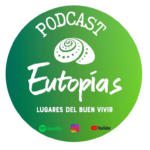Ayahuasca, an ancient drink used by numerous Amazonian peoples for generations, has transcended borders and become a driver of tourism in Ecuador, Peru, and Brazil. More than four million people have tried it worldwide, with more than 820,000 new users in 2019 alone. What in its communities of origin is a ritual deeply integrated into the spiritual, cultural, and ecological spheres is now marketed in packages that can exceed €6,000 per retreat in Ecuador.
Tourist attractions tout initiatory journeys, jungle hikes, shaman-led ceremonies, and inner peace. But this boom has also demonstrated an inherent fragility. In the hands of ill-informed tourists, these types of experiences can pose physical and emotional risks. ICEERS—an international organization that monitors and studies global ayahuasca consumption—points out that, although the media has linked 58 deaths to the preparation worldwide, no autopsy has linked these deaths to direct poisoning from the traditional decoction. Even so, most cases could have been prevented by minimum safety standards: recognizing medical contraindications, providing supervision during the ceremony, or offering support after the experience.
Beyond the risks, there is a less obvious but profound environmental and cultural impact. Communities such as the Shuar or Achuar offer a holistic experience, including cleansing rituals, songs and mythical narratives, ecological care, and an understanding of Amazonian biodiversity. However, attention is shifting to tour operators who do not always reinvest in communities or protect the Banisteriopsis caapi vine. Botanical overexploitation threatens the forest’s balance and strips communities of their role as guardians of traditional knowledge.
Research examining this phenomenon — from ICEERS to academics such as Mark Hay — raises dilemmas that transcend tourism: the mental health benefits of ayahuasca are indisputable for certain pathologies, but if its use is disconnected from the context of community wisdom, it loses its political and spiritual dimension.
Faced with this tension, Indigenous communities are leading more respectful alternatives. Retreats in eco-lodges where the plant’s cycle is respected, full ceremonies are performed, and income is reinvested in local projects represent a hopeful path to reconciling demand and sustainability. It is not a matter of draining the culture of others, but of building bridges of cooperation based on reciprocity and the autonomy of Indigenous peoples.
The ethical dimension of the use of sacred plants demands a profound question: are we seeking authentic healing, or are we engulfing the culture that sustains it? The answer requires cultural, ecological, and political responsibility. Healing is not an isolated event, but a collective practice that recognizes and respects ancestral roots. For ayahuasca to become a tool for global justice and healing, it must cease to be a tourist attraction and become an act of care for the forest and those who inhabit it.
A song to the living memory of the forest
Waska: The Cost of Spiritual Healing in the Amazon is not simply a documentary. It is a deeply poetic and political testimony that intertwines family memory, Indigenous spirituality, and the denunciation of a history of colonial violence that continues to be disguised as spiritual tourism. Narrated from the intimate voice of a granddaughter who remembers her grandfather — a yachak, wise man, and spiritual guide — the film is also a tribute to the intergenerational wisdom that has sustained the fabric of Gaussaka, the living forest.
With a narrative that moves between dreamlike evocation and raw denunciation, Waska reminds us that ayahuasca is not a substance or a commodity, but a relationship: with the earth, with ancestors, with balance.
Ayahuasca and extractivism: the other side of “spiritual tourism”
In one of the most moving moments of the documentary, the narrator recounts how, during her childhood, oil companies — backed by the Ecuadorian state and military — invaded her community. They cut down sacred trees. They buried explosives. They beat the leaders. The physical impact on the land also opened a spiritual wound.
Ayahuasca, she explains, is inseparable from the territory, the language, and the memory. To fragment one is to fragment them all. And yet, every year thousands of foreigners arrive in the Amazon in search of healing, driven by reviews on social media, without understanding—and often without caring about—the cultural, cosmological, and political roots of this medicine.
As The Guardian explains in its article dated June 17, 2025, the rise of psychedelic tourism in Ecuador is accelerating the commercialization of sacred plants and ancestral knowledge, displacing indigenous peoples from their roles as guardians. Often, it is people with no real ties to the communities who offer ceremonies, profiting from what others have protected with their lives.
Resistance as medicine
However, Waska is not just a cry of alarm. It is, above all, an affirmation of the power of Indigenous resistance. The protagonist proudly shares how her community managed to expel the oil company, took the Ecuadorian state to an international court, and won a historic victory: the legal protection of 140,000 hectares of ancestral territory.
That victory was not only legal, but spiritual. It was the fulfillment of the vision her grandfather had as a child when he drank ayahuasca. It was also the rewriting of a history that, as the narrator recalls, has almost always been told by foreigners who do not know the jungle, but covet it.
What does healing really mean?
Waska poses an uncomfortable but urgent question: can someone truly heal through medicine if its consumption involves the destruction of the world from which it comes? What kind of healing is possible when the historical pain of the peoples who sustain it is ignored or trivialized? Claiming the right to tell one’s own story is part of that process. As the narrator asserts, “our existence depends on the right to land and autonomy. On the right to claim our history, including the history of ayahuasca.”
In times when psychedelics are presented in the media as a quick fix for the ills of the urban soul, Waska reminds us that all true healing requires responsibility, context, and reciprocity. That ayahuasca is not a fad, nor an experience for the spiritual ego, but part of a living network of relationships.
The final message is clear: if the world wants to heal, it must begin by healing its relationship with Indigenous peoples, with the earth, and with its own broken histories. This conflict between individual desire and collective well-being places ayahuasca tourism at the crossroads between healing and appropriation. At Fuertedélica, we believe that only through respect for the peoples who hold this knowledge, and support for models led by them, can this medicine remain alive, authentic, and truly fair.
If you are interested in these debates on the responsible use of sacred plants, cultural justice, and ethical forms of spiritual seeking, don’t miss Fuertedélica 2025. It will be a space to share knowledge, question narratives, and build bridges between worlds. Buy your ticket now and be part of this transformative experience.

